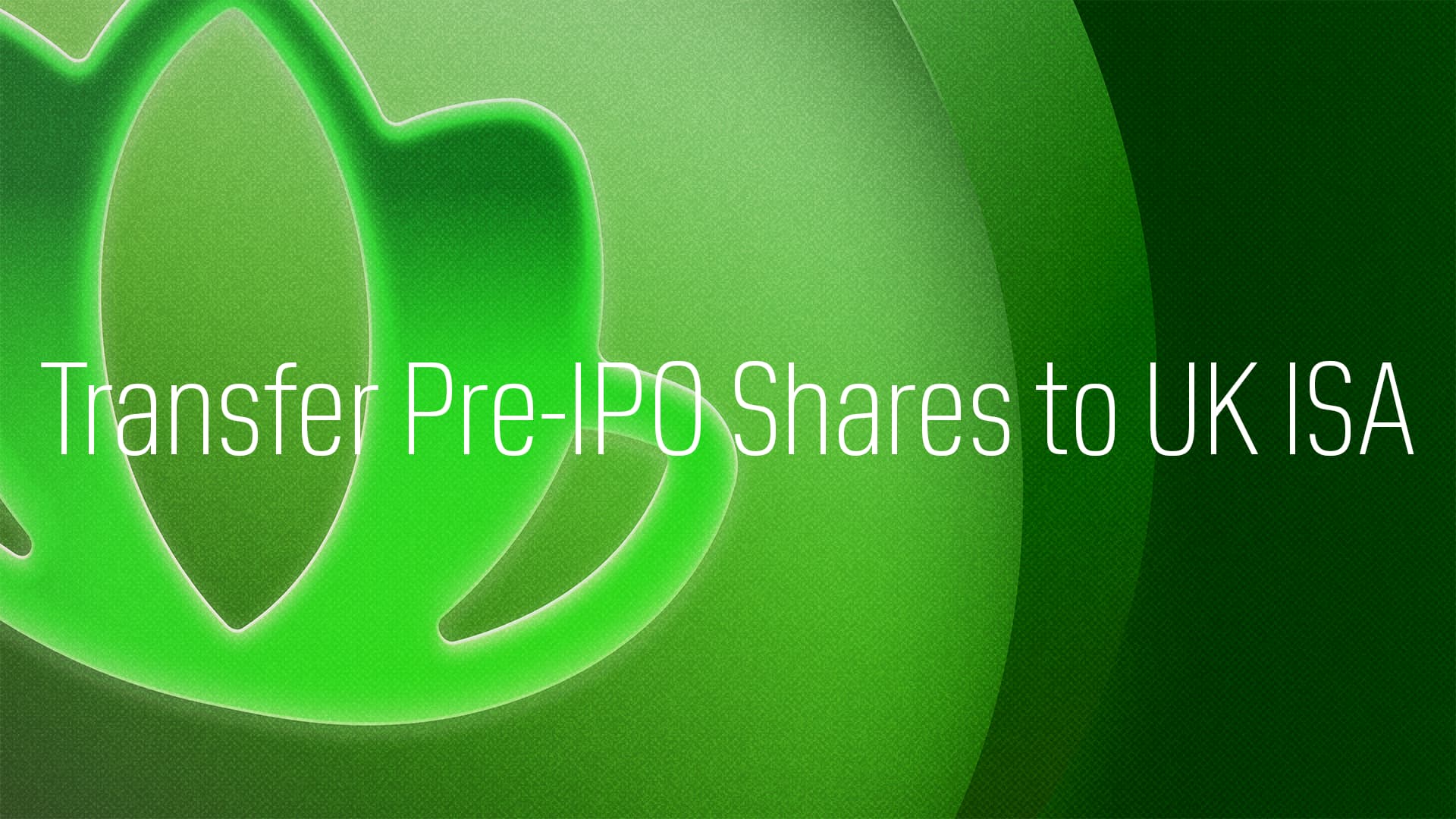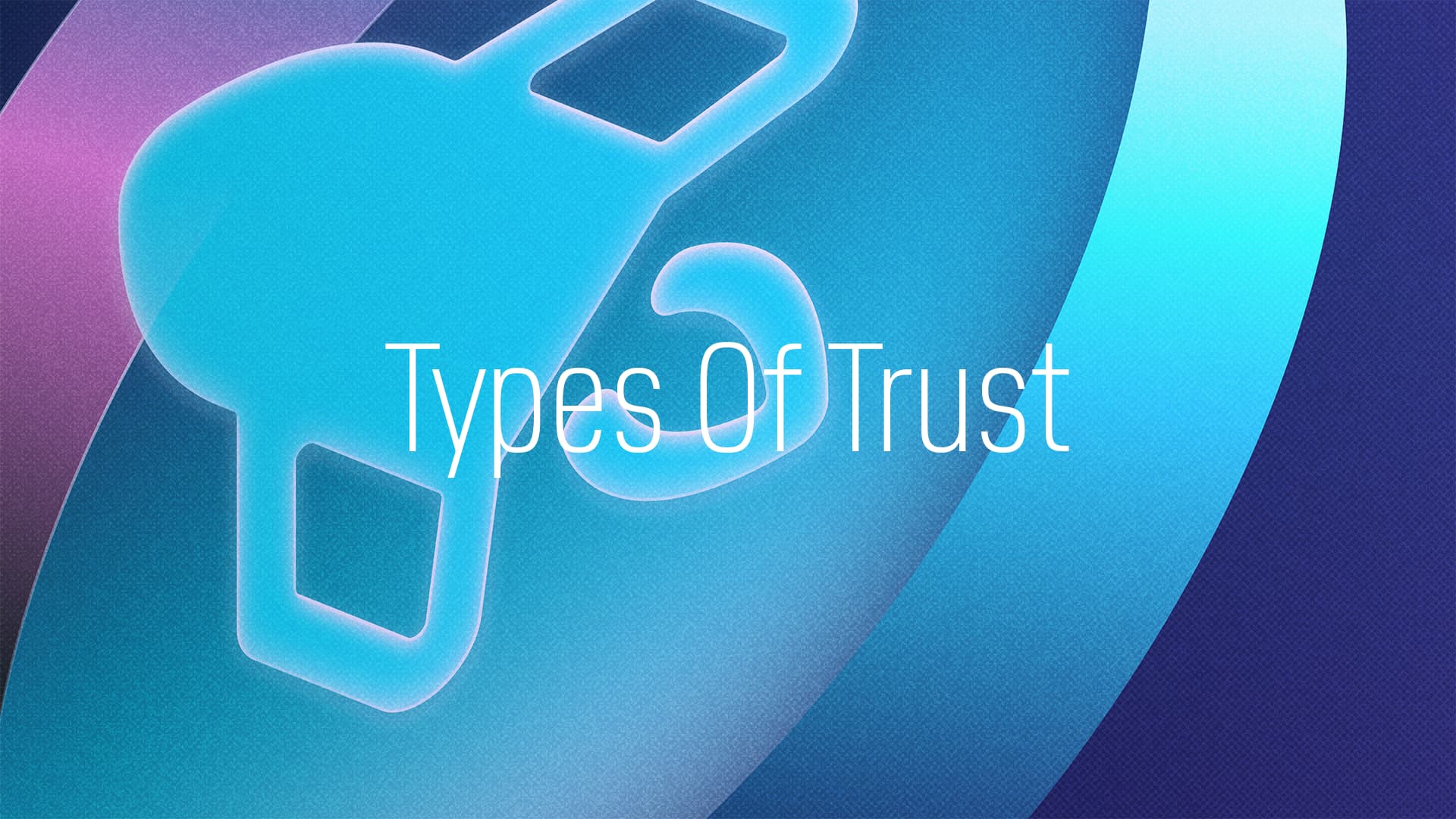The Ultimate Canadian Estate Structure for Digital Assets

In the digital age, the need for a solid estate structure for managing digital assets has never been more crucial. As cryptocurrencies and other digital assets become more integral to our financial portfolios, understanding how to structure your estate within Canadian law to protect and optimize these assets is essential. Here's a comprehensive guide on the ultimate Canadian estate structure for digital assets, drawing on expert insights.
Choosing the Right Structure
Corporate Structure: The Foundation
The cornerstone of an effective digital asset estate structure in Canada often involves the use of corporate entities, primarily through a single or double corporate structure. This setup usually includes one holding company, and if there's significant active trading, an operating company as well.
Holding Company
Serves as a protective vessel for your assets, offering tax benefits and acting as a legal buffer.
Operating Company
Engages in active trading or business operations, funnelling profits to the holding company tax-free.
This structure not only secures assets from personal liabilities but also avails of corporate tax breaks.
Trusts: A Cautionary Tale
While trusts are a common estate planning tool in other jurisdictions, their application in Canada is limited due to specific tax rules. The CRA imposes a deemed disposition rule on trusts every 21 years, complicating long-term generational wealth transfer and necessitating capital gains tax payment on assets held in trust.
The Estate Freeze: A Strategic Move
For those looking to pass on the growth value of their company to the next generation while locking in the current value for themselves, an estate freeze can be a strategic option. This involves converting the growth potential of your current shares to a fixed value, allowing future growth to accrue to new shareholders, typically the next generation.
Offshore Considerations: Not a Silver Bullet
Setting up an offshore company might seem like an attractive option for tax optimisation. However, under Canadian law, this strategy faces significant hurdles:
Central Management and Control
If the central decision-making occurs in Canada, the CRA may deem the offshore company a Canadian resident for tax purposes.
Tax Treaties
Without a tax treaty, an offshore entity might face double taxation. Even with a tax treaty, the structure must be carefully managed to avoid Canadian taxation.
Practical Steps for Structuring Your Estate
Record Keeping
Meticulous documentation of transactions, expenses, and improvements is essential.
Preliminary Calculations
Understanding your potential tax liability before making significant moves can inform better decision-making.
Professional Advice
Consulting with a tax advisor or accountant who specialises in digital assets and Canadian tax law is critical for navigating the complexities of estate and tax planning.
Structuring your estate to include digital assets requires careful consideration of Canadian tax laws and regulations. By leveraging corporate structures and being cautious with trusts, Canadians can optimise their digital asset holdings for tax efficiency and legal protection. While the allure of offshore entities might seem appealing, the realities of Canadian tax law often make domestic structures more practical. Consulting with professionals and staying informed about legal changes are indispensable strategies for digital asset holders.



